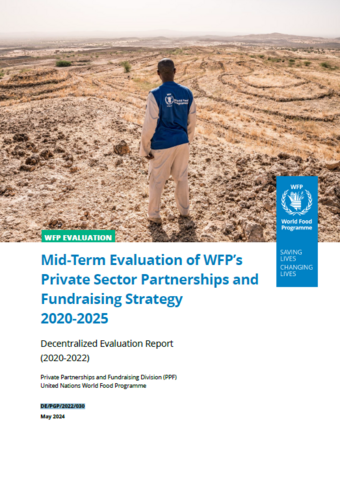As an impact agency, all that we do at Ethicore is about having a positive social and environmental impact. We work with amazing organisations, partnerships and movements, where we can see that our support can meaningfully increase impact for people and planet. Our focus is on supporting transformational change. For example, supporting a movement for structural change, or a new transformational partnership or designing innovative new and sustainable initiatives. We also believe that our impact is not just in the outcomes of our work, but it is also in how we work. Our ESG commitments guide how we manage our time and energy to help maximise our impact. We track our carbon footprint, pro-bono support and donations towards key impact agendas and local charities, to help us learn and improve. This is our update for 2024-5.
Carbon Footprint:
Ethicore is a boutique consultancy and our emissions are directly related to our activity. We have consciously shifted towards virtual engagement of stakeholders, as it is accessible and low carbon. However, there are times when there is no substitute for in-person meetings and workshops. As such, our emissions come mainly from travel, which is as far as possible via public transport or walking, cycling or using electric vehicles. However, there is always as remaining set of emissions that are hard to abate, which we offset with the highest quality internationally certified offsets via Forest Carbon Club. Our emissions are low and as such they vary year on year but we continuously strive to keep these low.
| 2024-2025 (12 months to October 2025) | 24,06 tonnes of CO2e |
| 2023- 2024 (20 months) | 19, 04 tonnes of CO2e |
| 2022 (12 months) | 18,95 tonnes of CO2e |
Pro bono and charitable contributions
Our charitable donations ensure we contribute to local and national causes, such as Emmaus Oxford, and structural change, including ClientEarth, to complement our own impact agenda. Our pro-bono work is focused on supporting new and young leaders, such as being a Catalyze Change and an RSA mentor of young people.
Between January 2022 and September 2025, we have contributed the equivalent of £34.320 in pro bono work and have supported other causes with charitable donations (data to follow). We plan to continue dedicating a portion of our time and income to pro bono and charitable work each year.
| Pro-Bono support (Hours/£ equivalent) | |
| 2024-2025 | 89 h / £10.680 |
| 2023- 2024 | 68 h / £8.160 |
| 2022 -2023 | 129 h / £15.480 |



